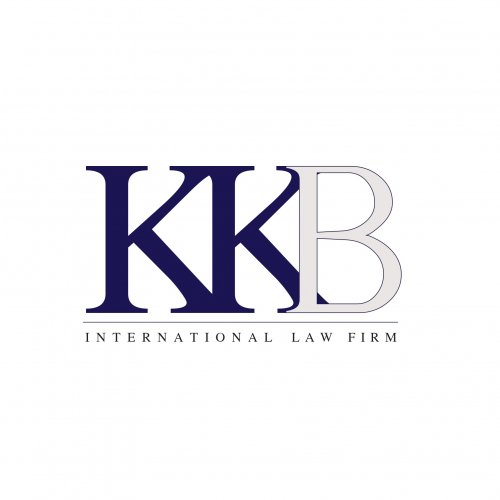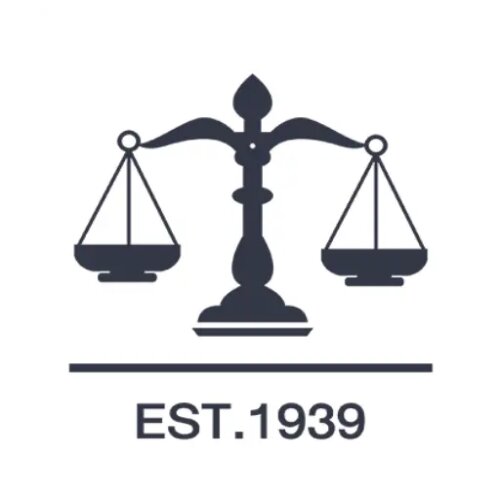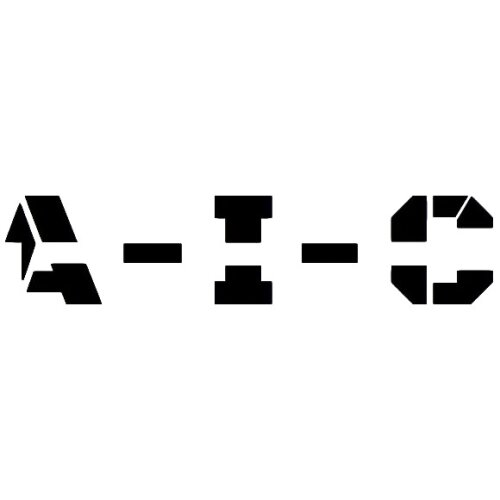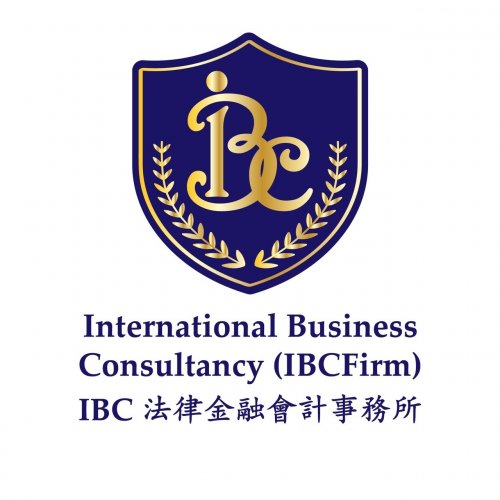Best Bankruptcy & Debt Lawyers in Bangkok
Share your needs with us, get contacted by law firms.
Free. Takes 2 min.
List of the best lawyers in Bangkok, Thailand
Legal guides written by Smart Legal Solutions:
- Main Legal Measures to Protect Foreign Investment in Thailand
- The importance of the geographical indications for the Thai economy
Legal guides written by GPS Legal:
- Thailand’s SMART Visa program: What you should know
- Estate planning goes beyond wills
- Buying a condo in Thailand as a foreigner
Thailand Bankruptcy & Debt Legal Questions answered by Lawyers
Browse our 1 legal question about Bankruptcy & Debt in Thailand and read the lawyer answers, or ask your own questions for free.
- Money fraud and deceive
- About a year now I am providing financial support to a person I know, because she was facing financial difficulties with her family. The deal was that she was going to give the money back with no interest, as long as she managed to sell some land that she owns,... Read more →
-
Lawyer answer by Ascendance International Consulting (A-I-C)
Thank you for reaching out. Situations involving informal loans to acquaintances are unfortunately common, but there are effective legal steps available in Thailand to pursue recovery—especially where the amount involved is substantial.Based on your description, your ability to recover the...
Read full answer
Thailand Bankruptcy & Debt Legal Articles
Browse our 1 legal article about Bankruptcy & Debt in Thailand written by expert lawyers.
- How to File for Bankruptcy in Thailand
- The economic landscape of Thailand has seen its share of ups and downs over the years, with the 1997 Asian financial crisis leaving an indelible mark on the country's financial system. This crisis forced Thailand to reevaluate its financial institutions and legal frameworks. As a response to the corporate defaults... Read more →
About Bankruptcy & Debt Law in Bangkok, Thailand
Bankruptcy and debt law in Bangkok, Thailand, primarily focuses on resolving the financial distress of individuals and businesses unable to meet their debt obligations. The legal framework is governed by the Bankruptcy Act B.E. 2483 (1940), which provides mechanisms for debt relief through liquidation and reorganization processes. The laws intend to ensure fair treatment of creditors and provide a fresh start for debtors under judicial supervision. Bangkok, being the economic hub of Thailand, has a sophisticated legal system that supports both domestic and international cases of insolvency.
Why You May Need a Lawyer
There are several situations where you might require legal assistance in bankruptcy and debt matters. For starters, if you are facing persistent harassment from creditors or if there is a threat of legal proceedings, obtaining a lawyer can help protect your interests. Businesses struggling to handle financial obligations may need legal advice to explore options like restructuring or going through formal bankruptcy proceedings. Additionally, navigating the complexities of debt negotiation, settlement agreements, or court filings can benefit from the expertise of a legal professional who understands Thailand's bankruptcy framework.
Local Laws Overview
Understanding the local laws is crucial if you are dealing with bankruptcy and debt issues in Bangkok. The Bankruptcy Act outlines two primary proceedings: liquidation and business reorganization. Liquidation involves selling a debtor's assets to pay off creditors, while reorganization allows for the restructuring of a business's debts to keep it operational. Judicial oversight is a key component in both processes. Additionally, Thailand's Commercial Court has specialized judges who handle bankruptcy cases, ensuring that proceedings are conducted efficiently. Legal representation can navigate these proceedings, ensuring compliance with Thai laws and protecting your financial interests.
Frequently Asked Questions
What is the difference between liquidation and reorganization in Thai bankruptcy law?
Liquidation involves selling the debtor's assets to pay off creditors, effectively closing the business. Reorganization allows a business to restructure its debts and continue operations under a court-approved plan.
How can I protect myself from creditor harassment?
Legal representation can help by negotiating with creditors on your behalf and, if necessary, obtaining court orders to prevent undue harassment.
What is the process for filing for bankruptcy in Bangkok?
The process typically involves filing a petition with the court, appointing a receiver (in liquidation) or planner (in reorganization), and following judicial procedures to satisfy creditors' claims.
Can foreigners file for bankruptcy in Bangkok?
Yes, foreigners and foreign companies can file for bankruptcy in Thailand if their financial activities are within the country and meet certain legal criteria.
How long does the bankruptcy process take in Thailand?
The duration depends on the complexity of the case. Liquidation can take several months to years, while reorganization might last up to five years if the court extends the plan.
What debts are discharged through bankruptcy?
Unsecured debts, such as credit cards and personal loans, can be discharged. Some debts, including fines and penalties, may not be discharged.
Can bankruptcy affect my immigration status in Thailand?
Bankruptcy itself does not impact your visa status; however, legal complications related to financial mismanagement might affect long-term residency applications.
Is it possible to settle debts without filing for bankruptcy?
Yes, debt settlement and negotiation are viable alternatives to bankruptcy, often resulting in reduced debt without court involvement.
What is the role of a bankruptcy trustee in Thailand?
A trustee oversees the liquidation process, manages debtor assets, and ensures fair distribution to creditors as per court directives.
Are bankruptcy proceedings public in Thailand?
Yes, court hearings are public, and records of bankruptcy filings are accessible to ensure transparency in financial dealings.
Additional Resources
For those seeking more information, the Official Receiver's Office under the Ministry of Justice provides valuable insights into bankruptcy proceedings. Professional bodies such as the Thai Bar Association can help you find qualified legal practitioners. Additionally, the Commercial Court in Bangkok is a key resource for understanding judicial procedures related to bankruptcy.
Next Steps
If you need legal assistance, consider consulting with a licensed Thai lawyer specializing in bankruptcy and debt law. Prepare all relevant financial documentation and a summary of your financial situation before meetings. Legal aid services might also be available for those unable to afford private counsel. Proactively seeking legal guidance can help safeguard your rights and provide a path forward in dealing with financial distress.
Lawzana helps you find the best lawyers and law firms in Bangkok through a curated and pre-screened list of qualified legal professionals. Our platform offers rankings and detailed profiles of attorneys and law firms, allowing you to compare based on practice areas, including Bankruptcy & Debt, experience, and client feedback.
Each profile includes a description of the firm's areas of practice, client reviews, team members and partners, year of establishment, spoken languages, office locations, contact information, social media presence, and any published articles or resources. Most firms on our platform speak English and are experienced in both local and international legal matters.
Get a quote from top-rated law firms in Bangkok, Thailand — quickly, securely, and without unnecessary hassle.
Disclaimer:
The information provided on this page is for general informational purposes only and does not constitute legal advice. While we strive to ensure the accuracy and relevance of the content, legal information may change over time, and interpretations of the law can vary. You should always consult with a qualified legal professional for advice specific to your situation.
We disclaim all liability for actions taken or not taken based on the content of this page. If you believe any information is incorrect or outdated, please contact us, and we will review and update it where appropriate.
Browse bankruptcy & debt law firms by service in Bangkok, Thailand
Bangkok, Thailand Attorneys in related practice areas.
















